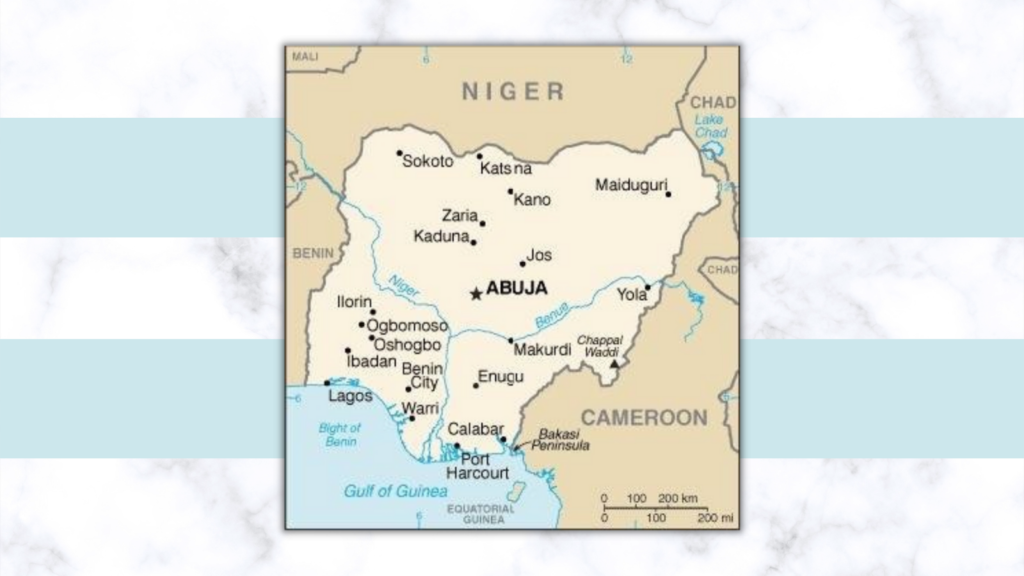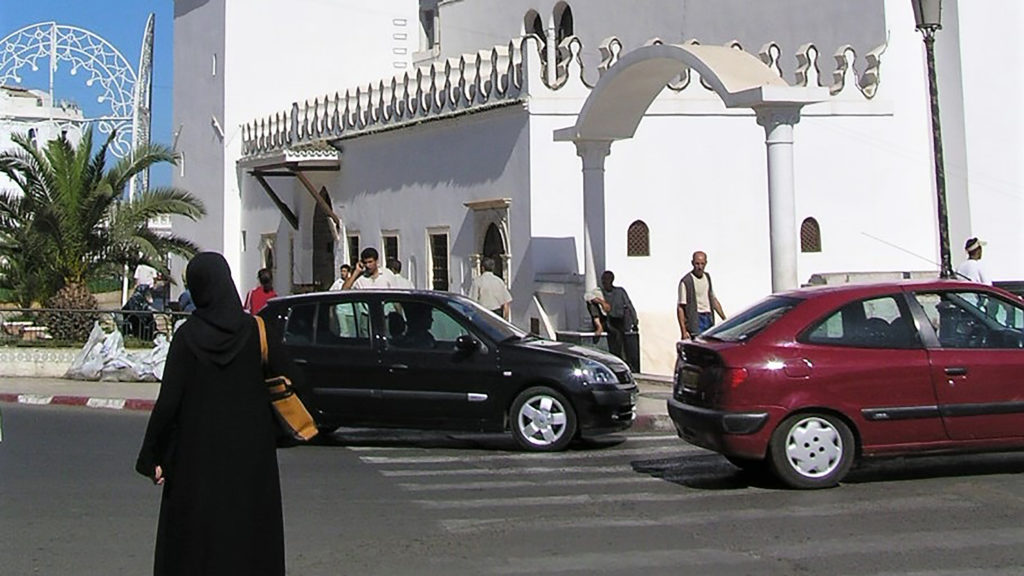“I’ve saved myself for you,” Carol and Daudi told each other during their 1999 wedding ceremony. As they exchanged wedding vows at Kampala Baptist Church, this Ugandan couple also exchanged the True Love Waits commitment cards each had signed, promising to postpone sex until entering a biblical marriage.
Carol and Daudi met at the Baptist Student Center and fell in love while enrolled at Makerere University in Kampala. One of their common bonds was that both had decided to be sexually abstinent until they married.
Daudi decided to remain a virgin until marriage and to marry only one woman despite having a polygamist father. When Daudi’s father died, 98 of his children could be accounted for, while other children’s whereabouts were unknown.
“I want something different,” Daudi said. “I want one wife and the number of children I can care for. I want a better life.” The couple’s first child was born last year.
True Love Waits’ message is making a profound impact in Uganda where people like Carol and Daudi are saving sex for marriage. The sexual abstinence campaign is receiving credit for a remarkable drop in the AIDS rate in this East African country where the rate of HIV/AIDS has fallen from 30 percent of the population in the early 1990s to around 10 percent today.
Government leaders and some HIV/AIDS activists in Uganda cite True Love Waits for much of the success.
Sponsored by LifeWay Christian Resources of the Southern Baptist Convention, True Love Waits got its start in the United States in 1993. Word quickly spread not only across America but also to other nations, due in large party to a barrage of worldwide media coverage of the emerging movement in which teenagers sign pledges to remain sexually abstinent until they marry.
Uganda is a country where Christian leaders see True Love Waits as a God-sent way to combat the growing menace of HIV and AIDS.
Joining with other Christian leaders, husband-and-wife Southern Baptist missionary pair Larry and Sharon Pumpelly led the way in 1993 for True Love Waits in Uganda.
They launched the campaign in Kampala on July 29, 1994, with a large public celebration and parade to coincide with the first national True Love Waits celebration held the same day on the National Mall in Washington, D.C. Complete with banners and police escort, the parade of between 400 to 500 youth marched from the city square to Makerere University for the last session of the Central and Eastern African Students Conference.
True Love Waits has the attention and support of Uganda’s first lady, Janet Museveni, a Christian who is outspoken in promoting sexual abstinence until marriage and the recipient of awards and accolades for her work in her country’s struggle with HIV and AIDS. She spoke at the 1994 parade.
Last year when addressing the International Christian Conference on HIV/AIDS, she said her husband, President Yoweri Museveni, has set the tone for his government by emphasizing a return to time-tested cultural practices which emphasize fidelity as opposed to premarital and extra-marital sex.
With True Love Waits’ success in Uganda with the support of schools and religious organizations, some HIV/AIDS activists see abstinence as a prevention model that can be successful in other African countries.
In a recent study by development expert Rand Stoneburner, he said the Uganda prevention model, which also has included condom use and HIV testing, if used elsewhere has the potential to reduce the AIDS rate in Africa’s worst-stricken countries by 80 percent.
Uganda is one of many success stories in the worldwide reach of True Love Waits. The Baptist World Alliance has carried the campaign’s message to its membership of 44 million Baptists in 200 countries. Campaign materials have been translated into Spanish and French. More than 220,000 international True Love Waits covenant cards representing countries on every continent were displayed Aug. 1–6, 1995, during the Baptist World Congress in Buenos Aires, Argentina.
As part of the national youth ministers’ meeting during Atlanta ‘96, 350,000 commitment cards gathered from all 50 states and 76 countries were pulled to the roof of the Georgia Dome. About half of the cards represented commitments from young people living outside the United States.
Christian leaders from other countries visit Nashville-based LifeWay to learn more about and share their experiences with True Love Waits.
In 1995 Fano Sibisi from the Zulu nation in South Africa met with Richard Ross and Jimmy Hester, co-founders of True Love Waits. At the time, Sibisi reported that True Love Waits had been introduced to several cultural groups in South Africa, including the English, Afrikaans, Sothos, Zulus and Xhosas.
People from 79 countries have contacted LifeWay about the sexual abstinence campaign.
(BP)





Share with others: